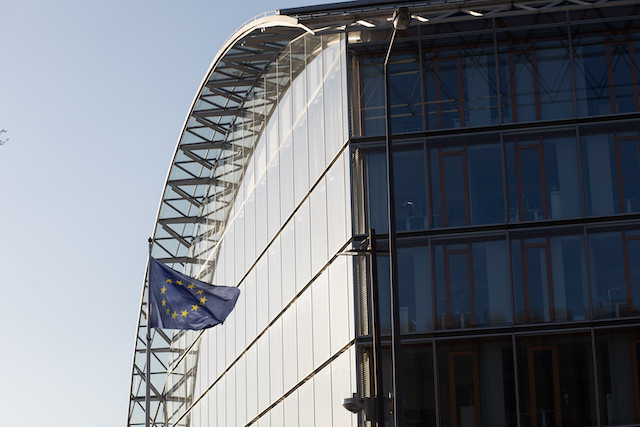In the article, published on Wednesday, Metz (Green party) was cited as saying that the revelations raised a lot of questions about accountability. She urged for an audit on the institutions governance structure and culture to end the code of silence.
German MEP Sven Giegold, who sits on the economic and monetary affairs committee, was also cited as saying that he was shaken by the accusations and the European parliament needed to respond.
On 19 April, Bloomberg published a story for which over 20 current and former employees were interviewed. These testimonials, along with court filings and internal documents, suggested that allegations of sexual harassment, bullying and discrimination went largely unpunished.
In 2019, the EIB revised its policy on dignity at work, a year after an EU court issued a judgment against a director’s psychological and sexual harassment of an employee. The institution also reported two suicides of staff members in 2013 and 2020.
Delano contacted the EIB for comment. A spokesperson said that the bank’s culture was not “toxic but driven by a highly dedicated workforce who, while inevitably under pressure from a rising workload, have embraced the mission of the EIB as the climate bank and the work we’ve been doing to respond to covid-19.”
The spokesperson further said that in a 2019 staff survey, 80% of respondents described their physical work environment as satisfactory, and its staff turnover (excluding retirements) was 3.5. Following a 2016 psychologist’s report, the institution implemented a number of policies. In spring 2021, it will conduct a staff psychosocial risk assessment, to offer training and awareness raising on mental health.
